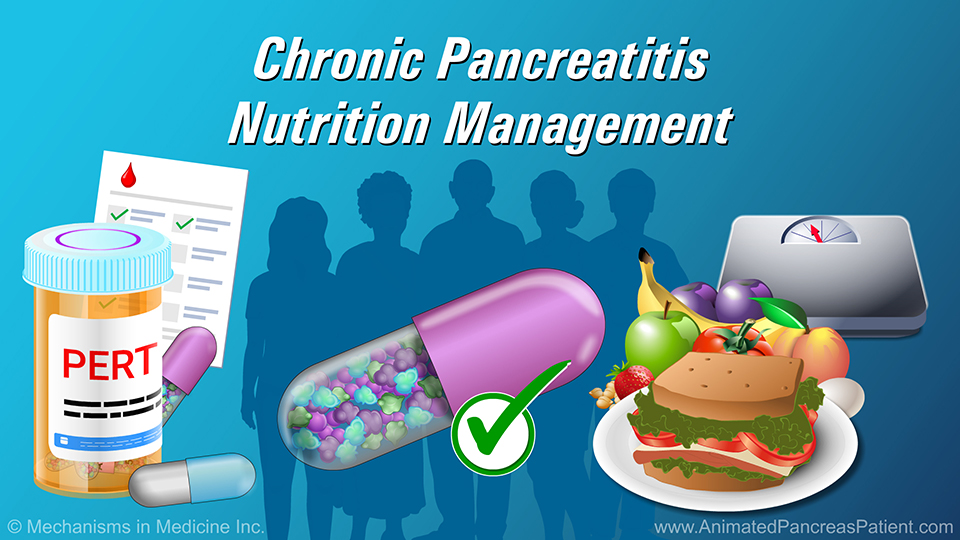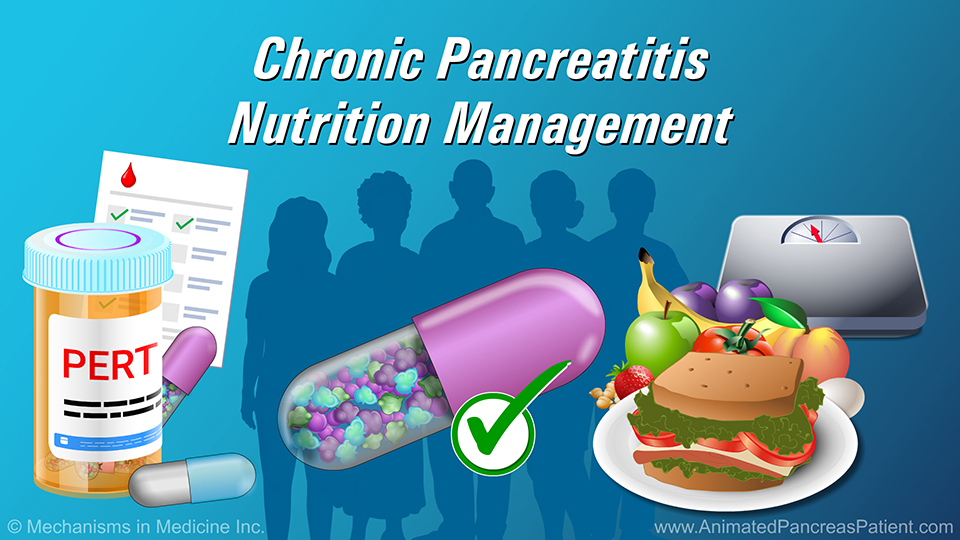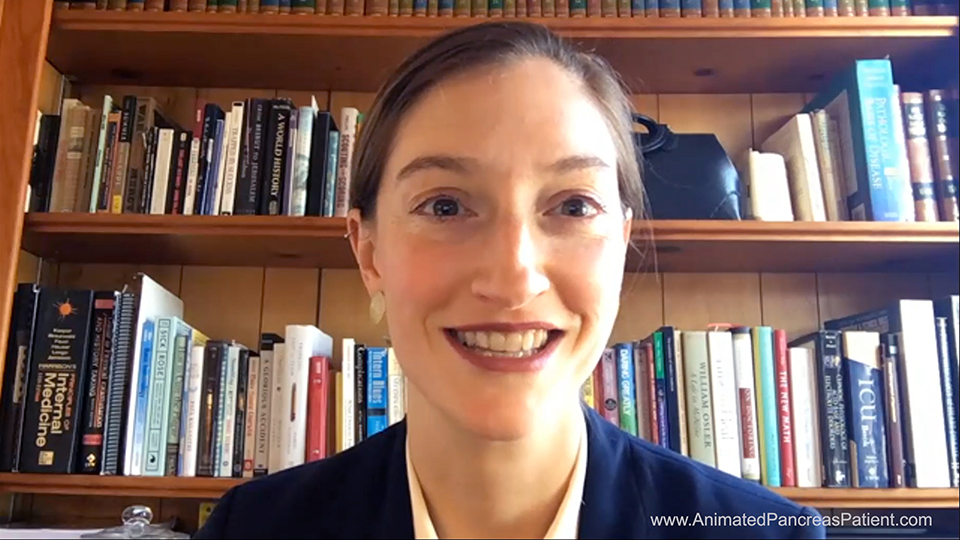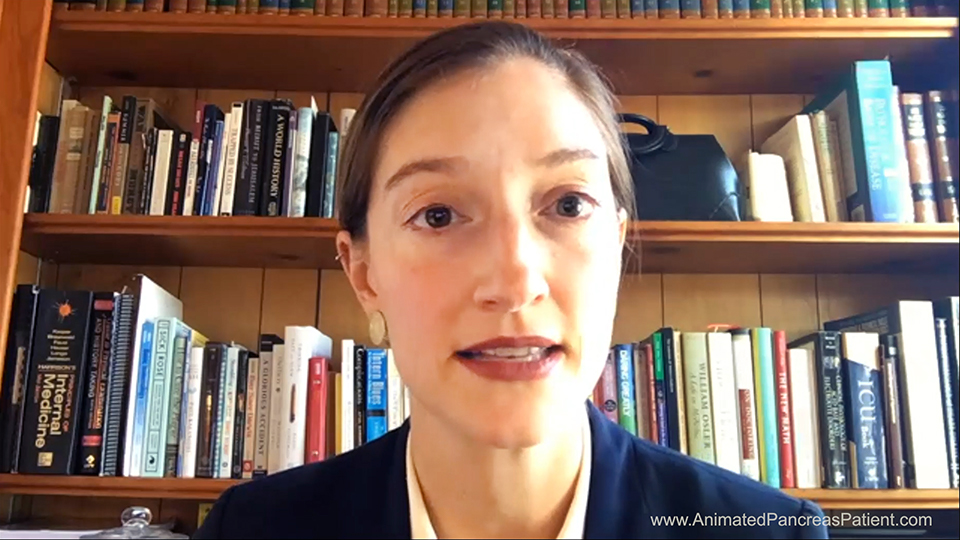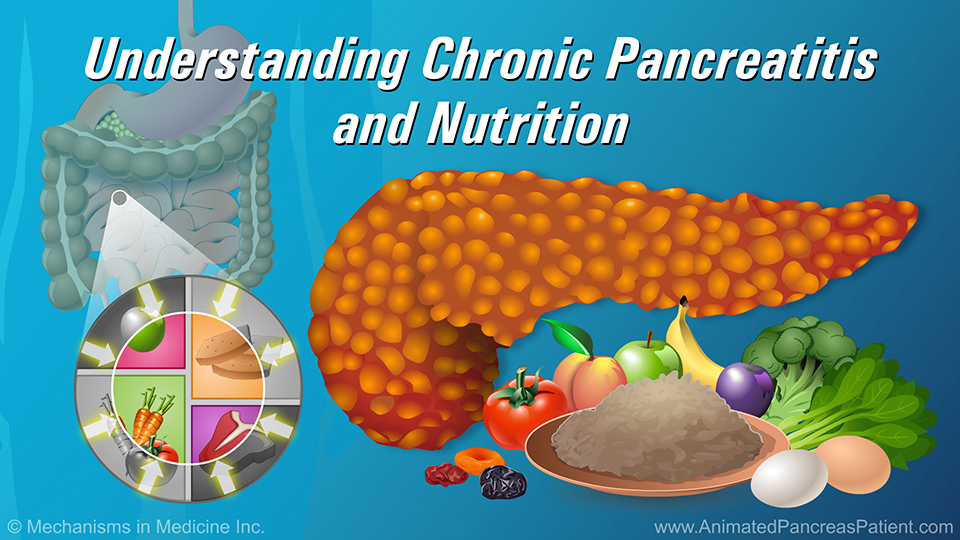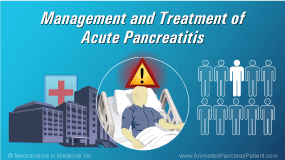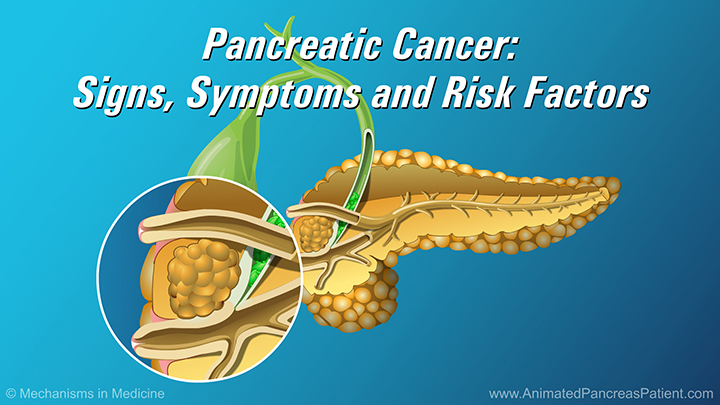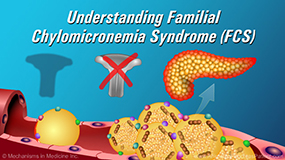Chronic Pancreatitis Nutrition Management
*Please note: This slide show is not intended to be a substitute for professional medical advice. Always consult your doctor about any questions you may have regarding a medical condition.
Importance of good nutrition for chronic pancreatitis
Good nutrition is vital for everyone, but even more so for people with chronic pancreatitis. Good nutrition management helps:
- Reduce the risk of malnutrition and complications, like osteoporosis (thinning of the bones)
- Reduce the risk of developing diabetes or hypoglycemia (too little blood sugar)
- Reduce the risk of losing muscle mass, and
- Improve quality of life.
Nutrition assessment
A nutrition assessment starts with a conversation about what and how much you eat and drink, and your level of physical activity including your ability to perform every day functions like household chores and basic errands such as grocery shopping.
Nutrition assessment
Dietitians look at blood test results, which can also show a person's nutritional status. Your blood tests can tell if you are low in certain minerals or vitamins, like Vitamin D. These minerals and vitamins are important to help your body fight infections and to build healthy cells in the tissues and organs.
Testing your stool (bowel movements)
Bowel movements, or stool, also tell a lot about someone's nutritional status. One stool test, the fecal elastase-1 is most frequently used. This test can show if your pancreas is making enough digestive enzymes by detecting how much of an enzyme called elastase is in your stool. Low levels of elastase in the stool means that your pancreas is not producing enough of all the enzymes.
Chronic pancreatitis diet
Since everyone is different, a chronic pancreatitis diet has to fit each person's specific needs. There are some general rules for everyone with pain and the condition though, such as eating relatively low-fat foods. Patients without pain and chronic pancreatitis may have a more liberal diet.
If you're not sure about cooking meals for a chronic pancreatitis diet, The National Pancreas Foundation's Cookbook can help you find tasty recipes within your new restrictions.
Other food tips to follow for chronic pancreatitis
People with chronic pancreatitis should drink plenty of fluids. If you're not sure how much is "plenty", ask your care team. If you have other health problems, such as heart or kidney disease, you might have been told to limit your fluids, so speaking with a dietitian will help you find the perfect balance for both conditions.
Other food tips to follow for chronic pancreatitis
How you prepare your food also makes a difference. Limit cooking to baking, broiling or grilling meats, for example, because frying adds too much fat. Eating at home before visiting friends or family can also be helpful if you can't be sure that the food where you visit will be safe for you.
People with chronic pancreatitis should also adapt when they eat and how often. Eating several small meals a day rather than three large ones helps the body digest the food.
Enzyme supplements
Pancreatic enzyme replacement therapy, called PERT for short, is an important part of a chronic pancreatitis treatment plan. PERT comes in capsules or tablets, which are swallowed during the meal They must be taken with the food, not before or after meals. Also, the capsules should not be opened and the tablets should not be crushed. If so, they will start doing their work before they reach the gut – where they are needed.
How much PERT a person with chronic pancreatitis needs depends on the size of the meal and the patient's weight. Your doctor will help decide on the exact enzyme doses.
Different brands of PERT
Enzyme supplements are prescription medications. The Food and Drug Administration (FDA) has approved several brands after rigorous studies.
Along with multivitamins, sometimes doctors may prescribe other medications to help the PERT work better. For example, proton pump inhibitors are used to suppress the production of acid in the stomach.
PERT side effects
PERT is a very safe medication and in most studies there was no difference between the side effects of PERT compared to placebo (sugar pill).
PERT side effects
Like all medications, PERT can cause some side effects among some people with chronic pancreatitis. The most common one is constipation, but they can also cause diarrhea on rare occasions, along with nausea and stomach cramps.
Other treatments to help manage chronic pancreatitis
Aside from managing good nutrition, people with chronic pancreatitis may need other treatment to help them manage the condition. If changing their diet doesn't help relieve the abdominal pain, they may need medications for pain relief. If the medications don't work, some have procedures to block the pain messages that the pancreas sends to the brain.
Other treatments to help manage chronic pancreatitis
Patients with chronic pancreatitis benefit from having multidisciplinary care, where different subspecialty doctors work together to make clinical decisions for the patient best interest
If you have chronic pancreatitis, speak with your doctor and dietitian about options that can help you get some relief and maintain a good quality of life.
-
Brennan G.T., Saif M.W. Pancreatic Enzyme Replacement Therapy: A Concise Review. JOP. 2019;20(5):121-125.
-
Kondrup J. et al. ESPEN guidelines for nutrition screening 2002. Clin Nutr. 2003;22:415-421.
-
Making Foods with Less Fat and Sugar. Alberta Health Services. https://www.albertahealthservices.ca/assets/info/nutrition/if-nfs-making-foods.pdf
-
Nutrition Advice & Recipes. The National Pancreas Foundation. https://pancreasfoundation.org/patient-information/nutrition-advice-recipes/
-
Pancreatic Enzyme Replacement Therapy (PERT). Pancreatic Cancer Action. https://pancreaticcanceraction.org/about-pancreatic-cancer/diet-and-nutrition-for-pancreatic-cancer/pancreatic-enzyme-replacement-therapy-pert/
-
Pancreatic enzymes. Pancreatic Cancer Action Network. https://www.pancan.org/facing-pancreatic-cancer/living-with-pancreatic-cancer/diet-and-nutrition/pancreatic-enzymes/
-
Rasmussen H.H. et al. Nutrition in chronic pancreatitis. World J Gastroenterol. 2013 Nov 14;19(42):7267-7275.
-
Sikkens E.C. et al. Patients with exocrine insufficiency due to chronic pancreatitis are undertreated. Pancreatology. 2012;12:71-73.
-
Singh S. et al. Dietary counseling versus dietary supplements for malnutrition in chronic pancreatitis: a randomized controlled trial. Clin Gastroenterol Hepatol. 2008;6:353-359.
-
Tsouli J. et al. Management of pancreatic exocrine insufficiency: Australian Pancreatic Club recommendations. Med J Aust. 2010;193:461-467.
In chronic pancreatitis good nutrition has many benefits. It helps reduce the risk of malnutrition and diseases such as osteoporosis, diabetes, muscle wasting, weight loss and other problems with their complications. Your dietitian will do a full assessment with blood tests and conduct a stool examination to determine your nutrition status and personal treatment plan. You may also require pancreatic enzyme replacement therapy (PERT) which is personalized to your body’s nutrition needs. PERT can also cause side-effects such as constipation and the enzyme replacement may need adjustment. Your treatment plan will need monitoring. Some persons with chronic pancreatitis need pain medication. Working with your doctor and dietitian provides the best outcomes.
-
Share with family and friends:
Click here to take our SURVEY
Your feedback is important to us! We will use your feedback to develop future areas of content about pancreatic diseases which will help other patients, caregivers and families.
